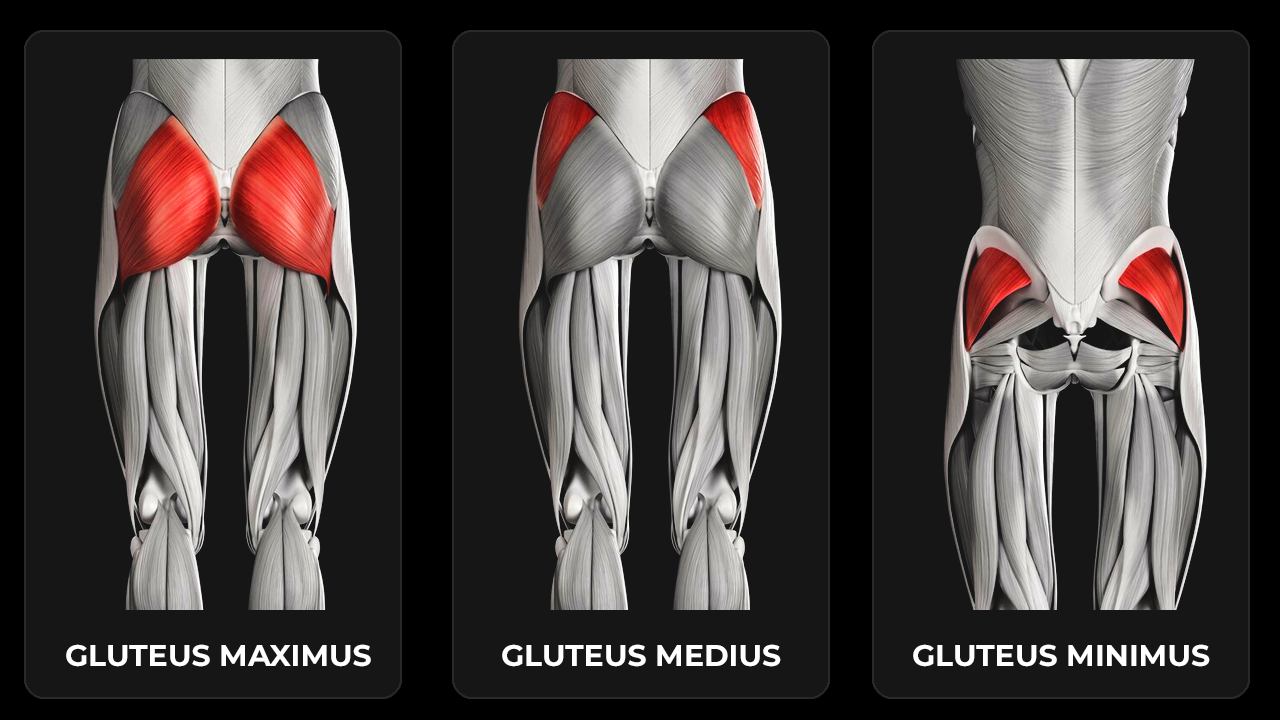In the realm of healthcare, the integration of medical expertise with specialized physical therapy techniques is paramount to fostering optimal health outcomes.
Through the collaborative approach of medical physical therapy, patients receive comprehensive care that addresses both underlying medical conditions and functional impairments. In this exploration of “medical physical therapy,” we’ll delve into the symbiotic relationship between medical and physical therapy disciplines, their shared objectives, and the myriad benefits they offer to individuals seeking holistic rehabilitation.
Understanding Medical Physical Therapy:
Medical physical therapy embodies a multidisciplinary approach to patient care, where medical practitioners and physical therapists collaborate closely to devise tailored treatment plans. This approach acknowledges the intricate interplay between medical diagnoses and physical impairments, aiming to restore function, alleviate pain, and enhance overall well-being.
Key Components of Medical Physical Therapy:
- Holistic Assessment: The journey begins with a comprehensive assessment conducted by medical professionals to evaluate the patient’s medical history, current condition, and treatment needs. This assessment serves as the foundation for developing a holistic treatment plan that addresses both medical concerns and functional limitations.
- Collaborative Treatment Planning: Drawing upon the insights gleaned from the medical assessment, a collaborative treatment plan is crafted by medical practitioners and physical therapists. This plan integrates medical interventions, such as medications, injections, or surgical procedures, with specialized physical therapy techniques aimed at promoting mobility, strength, and functional independence.

- Specialized Therapeutic Interventions: Physical therapists employ a diverse array of specialized interventions tailored to the individual needs of each patient. These may include manual therapy techniques, therapeutic exercises, modalities (such as heat or electrical stimulation), and functional training exercises designed to optimize movement patterns and restore functional abilities.
- Progress Monitoring and Adjustment: Throughout the course of treatment, the patient’s progress is meticulously monitored, and adjustments to the treatment plan are made as necessary. This iterative process ensures that interventions remain aligned with the patient’s evolving needs and treatment goals, thereby maximizing the effectiveness of rehabilitation efforts.
Benefits of Medical Physical Therapy:
- Comprehensive Care: By merging medical expertise with specialized physical therapy interventions, medical physical therapy offers patients comprehensive care that addresses the full spectrum of their health needs. This holistic approach fosters synergy between medical treatments and rehabilitative interventions, resulting in more comprehensive and effective care.
- Optimized Treatment Outcomes: Medical physical therapy endeavors to optimize treatment outcomes by addressing both the medical and functional aspects of a patient’s condition. By targeting underlying medical issues while simultaneously addressing functional limitations, this integrative approach enhances the likelihood of successful rehabilitation and improved overall health outcomes.
- Enhanced Pain Management: Through a combination of medical interventions and physical therapy techniques, medical physical therapy provides effective pain management strategies that address both the physical and psychological dimensions of pain. By targeting pain at its source while also improving functional abilities, patients experience enhanced pain relief and improved quality of life.
- Improved Functional Independence: By focusing on restoring mobility, strength, and functional abilities, medical physical therapy empowers patients to regain independence and autonomy in their daily lives. Through targeted interventions and personalized treatment plans, individuals are better equipped to perform essential activities and engage more fully in meaningful pursuits.
- Prevention of Complications: Medical physical therapy plays a vital role in preventing complications associated with injury, surgery, or chronic medical conditions. By addressing musculoskeletal imbalances, promoting proper biomechanics, and providing education on injury prevention strategies, patients are empowered to avoid future injuries and maintain long-term health and well-being.
Conclusion:
In conclusion, medical physical therapy stands as a cornerstone of comprehensive healthcare, offering patients a synergistic blend of medical expertise and specialized rehabilitative interventions.
Through collaborative treatment planning, specialized therapeutic techniques, and a focus on optimizing health outcomes, medical physical therapy endeavors to restore function, alleviate pain, and enhance overall well-being.
By embracing the principles of integration and collaboration, medical physical therapy holds the promise of fostering optimal health and vitality for individuals seeking holistic rehabilitation.



